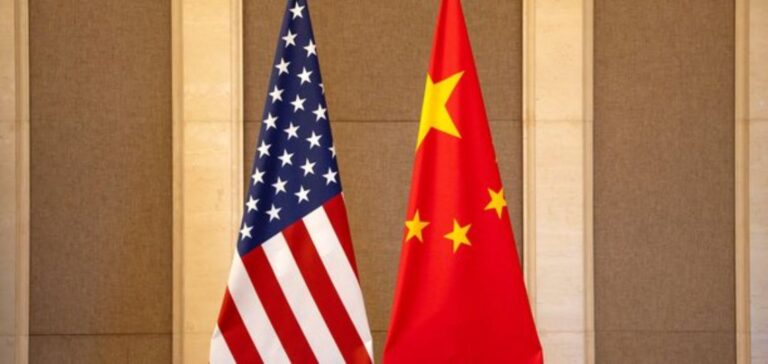The United States and China, respectively the second and first largest emitters of greenhouse gases, are joining forces to combat methane emissions. The collaboration, which was initiated by a working group set up last year, aims to exploit the considerable potential for emissions reductions in both countries. Rick Duke, US Special Envoy for Climate Change, underlined the importance of this initiative. He expressed optimism about the progress of joint efforts at a methane forum in Geneva.
The significant impact of methane
Methane has been identified as the second biggest contributor to climate change after carbon dioxide. Its warming effect is much greater in the short term, although its lifetime in the atmosphere is shorter. This means that targeted action on methane can produce positive results more quickly. Duke highlighted China’s work to set methane reduction targets, highlighting the rapid potential impact on the climate.
Emissions from coal mines in China
China, the world’s largest emitter of coal mine methane, offers enormous potential for low-cost emissions reductions. According to Duke, around 700 million tonnes of methane emissions could be eliminated every year. This reduction could be achieved at very low or even negative cost, given the technologies and methods available. This opportunity is particularly relevant for China, which accounts for 28% of the world’s methane emissions.
Monitoring and international action
Progress in methane monitoring is accelerating thanks to an increase in the number of satellites and the creation of a new UN observatory. These advances enable us to accurately identify methane “super-emitters”, often associated with oil and gas companies. Duke stressed the importance of these efforts to effectively target emissions reductions. The aim is to transform this data into concrete action, focusing on the most accessible mitigation opportunities.
China has affirmed its commitment to controlling and reducing methane emissions in its key sectors. At the meeting organized by the UN in Geneva, Liu Wenge of China’s Ministry of Emergency Management stressed Beijing’s willingness to cooperate with the international community. This statement comes as the country takes part in the world’s largest methane meeting, illustrating its active role in the fight against climate change. Advanced monitoring and international cooperation are essential if we are to deliver on our methane reduction promises.






















